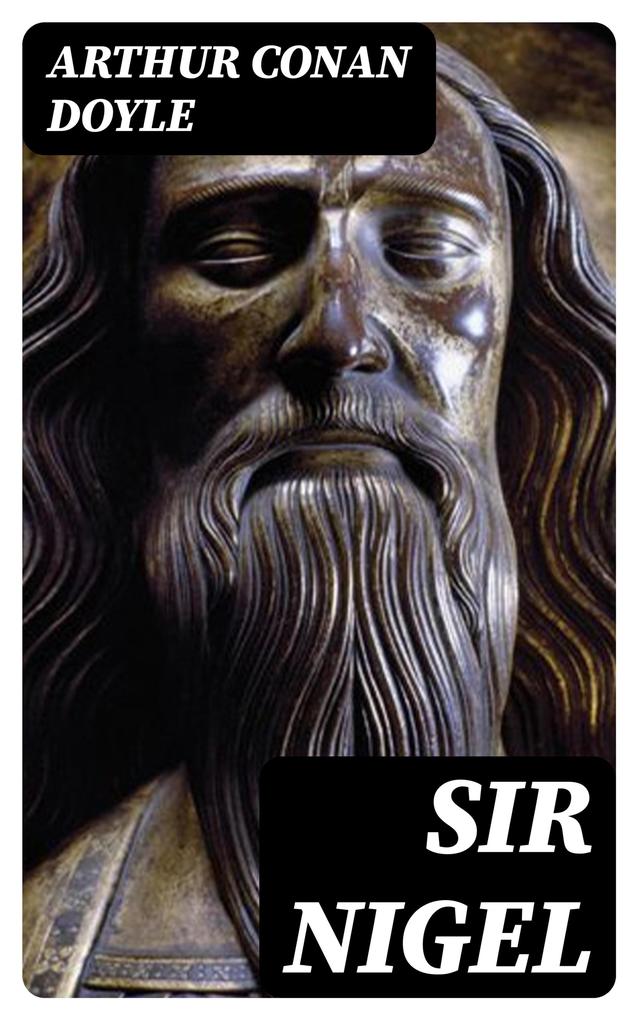
Sofort lieferbar (Download)
Sir Nigel is a historical novel written by Arthur Conan Doyle that follows the adventures of Nigel Loring, a young knight during the Hundred Years' War. Doyle's vivid descriptions and attention to detail bring to life the medieval setting, making the reader feel like they are part of the thrilling battles and chivalrous tournaments. The book is a captivating blend of historical accuracy and romanticized storytelling, making it a timeless classic in the historical fiction genre. Doyle's writing style is engaging and filled with suspense, making Sir Nigel a page-turner for any lover of adventure and romance. The book also reflects Doyle's extensive research on the period, showcasing his deep knowledge of medieval history and customs. Arthur Conan Doyle's passion for history and storytelling is evident in Sir Nigel, as he expertly weaves together historical accuracy and captivating narrative to create a compelling tale of valor and honor. Recommended for readers who enjoy immersive historical fiction and a thrilling adventure set in the medieval era.
Produktdetails
Erscheinungsdatum
16. September 2022
Sprache
englisch
Seitenanzahl
306
Dateigröße
1,05 MB
Autor/Autorin
Arthur Conan Doyle
Verlag/Hersteller
Kopierschutz
mit Wasserzeichen versehen
Family Sharing
Ja
Produktart
EBOOK
Dateiformat
EPUB
ISBN
8596547343783
Entdecken Sie mehr
Bewertungen
0 Bewertungen
Es wurden noch keine Bewertungen abgegeben. Schreiben Sie die erste Bewertung zu "Sir Nigel" und helfen Sie damit anderen bei der Kaufentscheidung.









